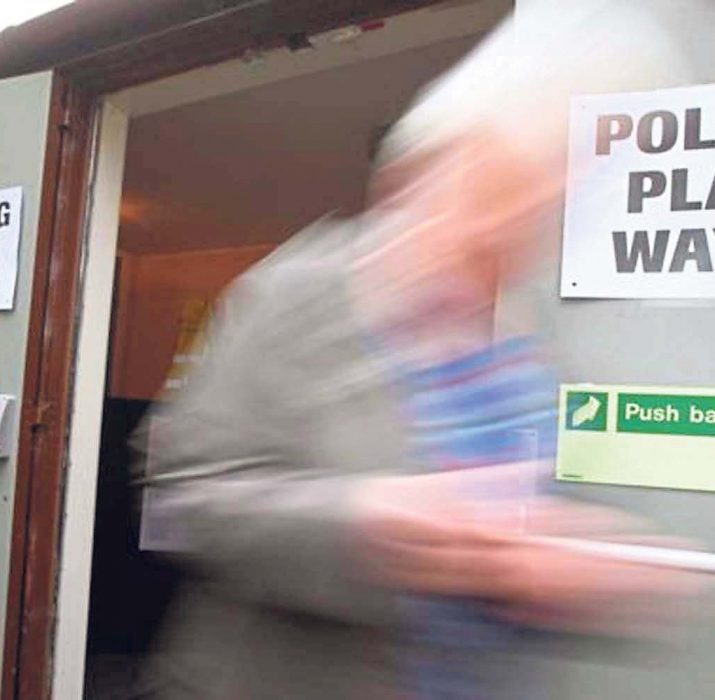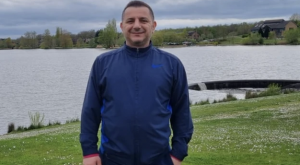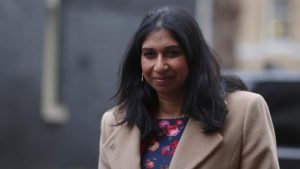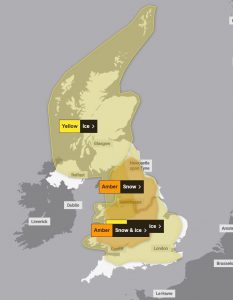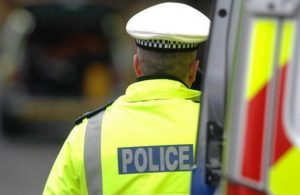Local and mayoral results: Tories advance amid Labour losses
The Conservatives have made the biggest gains by a governing party in a local election for more than 40 years.

The Conservatives have made the biggest gains by a governing party in a local election for more than 40 years.
With five weeks to go to the general election, they gained more than 500 seats and seized 11 extra councils.
The gains mainly came at the expense of Labour, which came third in Scotland, and UKIP, which lost all of its seats. The Lib Dems failed to make headway.
Polling expert John Curtice puts the Tories’ national vote share at 38%, Labour 27%, Lib Dems 18% and UKIP 5%.
Conservative leader Theresa May sought to combat any complacency in her party’s ranks by saying she was “taking nothing for granted” in 8 June’s general election.
Mrs May said she would be fighting every day of the next five weeks to “earn the support of the British people” to strengthen her hand in negotiations with the European Commission over Brexit.
Labour leader Jeremy Corbyn said his party had done better than expected in some places, such as Cardiff and Swansea, but results elsewhere had been “very disappointing”.
“Of course I’m disappointed, we have to get our supporters out to vote in June, we have to get our message across and I’m utterly determined to do that,” he said.
He insisted he was the right person to get Labour’s message across to voters but conceded that Labour faced a challenge on a “historic scale” if it is to regain power.
“We know this is no small task,” he said in a statement, “but we, the whole Labour movement and the British people, can’t afford not to seize our moment.”
Polling expert John Curtice, of Strathclyde University, said that if the council results were reflected at next month’s general election, Theresa May would win a bigger majority – but probably not enough to get the landslide she was hoping for.
The 11-point Tory lead over Labour in the projected national share is smaller than their 17% average lead in recent opinion polls, he added, but he cautioned against reading too much into the projections.
The Lib Dems have had a mixed performance, with some seats won and others lost.
Lib Dem former business secretary Vince Cable said the night had been “neutral” for his party.
“We’re in a relatively encouraging position, though there hasn’t been a spectacular breakthrough,” he said.
UKIP suffered a bad night – losing 145 seats. It ended this year’s local elections with a single councillor in Lancashire.
The Lib Dems increased their share of the vote by 7% but lost more than 40 seats.
Lib Dem president Sal Brinton described her party’s performance overall as “patchy”, while former business secretary Vince Cable said there had been no “spectacular breakthrough”.
The Conservatives saw off the Lib Dems’ challenge to hold on to Somerset County Council and in Cumbria, where party leader Tim Farron is hoping to be re-elected as MP for Westmorland and Lonsdale, they failed to increase its representation.
The Green Party gained six seats, while Plaid Cymru added 33 in Wales.

